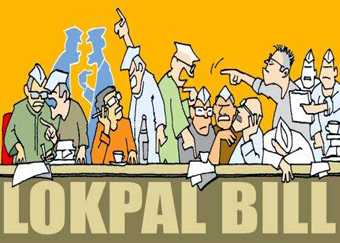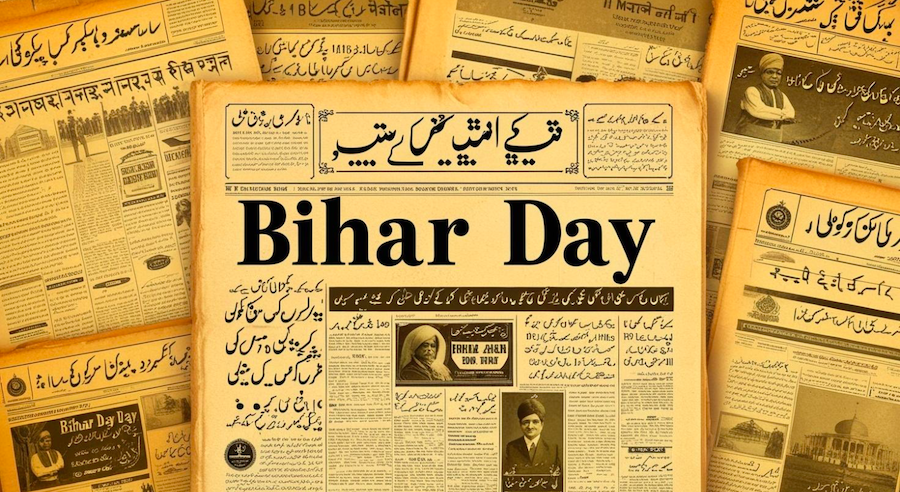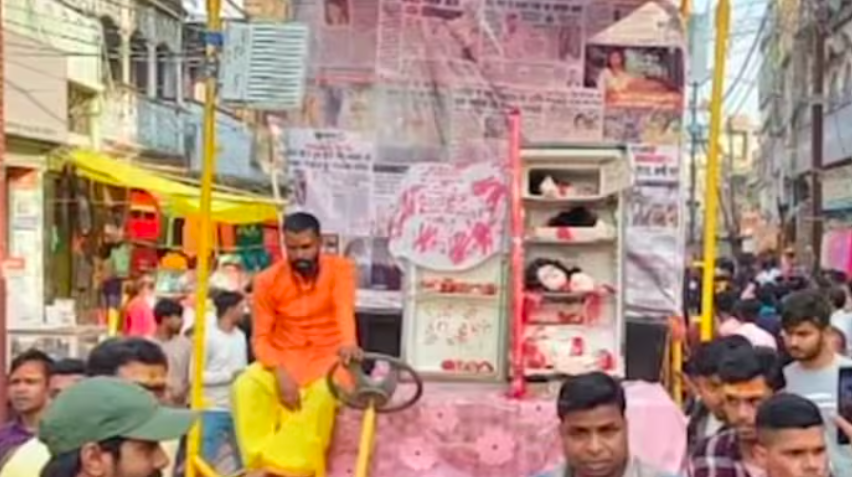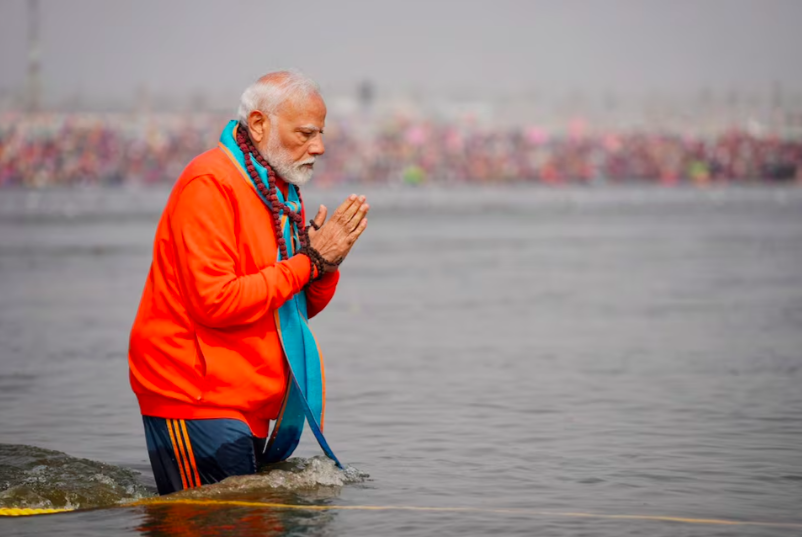BeyondHeadlines News Desk
New Delhi: The government today set to introduce the much talked about Lokpal Bill in Parliament for creating an anti-corruption watchdog in the country, Parliamentary Affairs Minister Pawan Kumar Bansal said.
Earlier in the day, Minister of State for Personnel V Narayanasamy wrote to Speaker Meira Kumar to waive off the two-day period required before introducing a bill.
“Our paperwork is complete. We have written to the speaker, and it is up to her to take a decision,” Narayanasamy said.
On the eve of the Monsoon Session, the Parliamentary Affairs Minister Bansal had told the media that the measure would be introduced in the first week of the Monsoon Session and will be referred to the Standing Committee “forthwith”.
The government is hoping that if the Standing Committee comes out with its recommendations on the bill by the end of August, they could go ahead with the passage of the bill.
The Lokpal Bill is seeking to keep the office of the prime minister out of the ambit of the ombudsman till he demits office. It also excludes higher judiciary and conduct of MPs inside Parliament. The bill gives permission to Lokpal to probe any union minister or officials of Group ‘A’ and above rank without any sanction.
The Lokpal would not require sanction or approval under Section 197 of the Code of Criminal Procedure, 1973, or Section 19 of the Prevention of Corruption Act, 1988, in cases where prosecution is proposed.
The Lokpal will have powers to attach the property of corrupt public servants acquired through illegal means.
The Lokpal, consisting of Chairperson and eight members, half of them judicial, will have its own prosecution and investigation wing with officers and staff necessary to carry out its functions.
Persons with impeccable integrity, with 25 years of experience in administration who have dealt with corruption and vigilance, will also form part of the Lokpal.
Procedure for MPs and ministers: After the investigation, if any person is found guilty, the Lokpal may file a case in its special court and send a copy of the report to the competent authority (for minister it is the prime minster, for MPs it is the Lok Sabha or Rajya Sabha).
The speaker/chairman shall lay the report on the table of parliament. The house shall examine it and send a report to the Lokpal on any action taken within 90 days.
As per the draft, every public servant will have to declare his or her assets and liabilities.
The Lokpal also has powers to recommend transfer or suspension of public servants involved in any corruption case. It can also attach the property of corrupt public servants acquired through unfair means.
The draft bill also provides for prosecution against anyone who files a false complaint. The punishment term would not be less than two years in jail that can go up to five years. A penalty from Rs.25,000 to Rs.2 lakh is also proposed against those found making false complaints.
The Lokpal will have the power to search and seize documents, provisionally attach property for 90 days, file for confirming the attachment within 30 days, and recommend suspension of the public servant connected with allegation of corruption.
The government hopes that if the Standing Committee comes out with its recommendations on the bill by August-end, it could go ahead with its passage.
As many as 35 bills, including the Women’s Reservation Bill, is listed for consideration and passage in the Monsoon Session which will conclude on September 8.
In addition to the Lokpal Bill, other prominent bills are the National Food Security Bill, a bill related to land acquisition, rehabilitation and resettlement and the Prevention of Money Laundering (Amendment) Bill.








